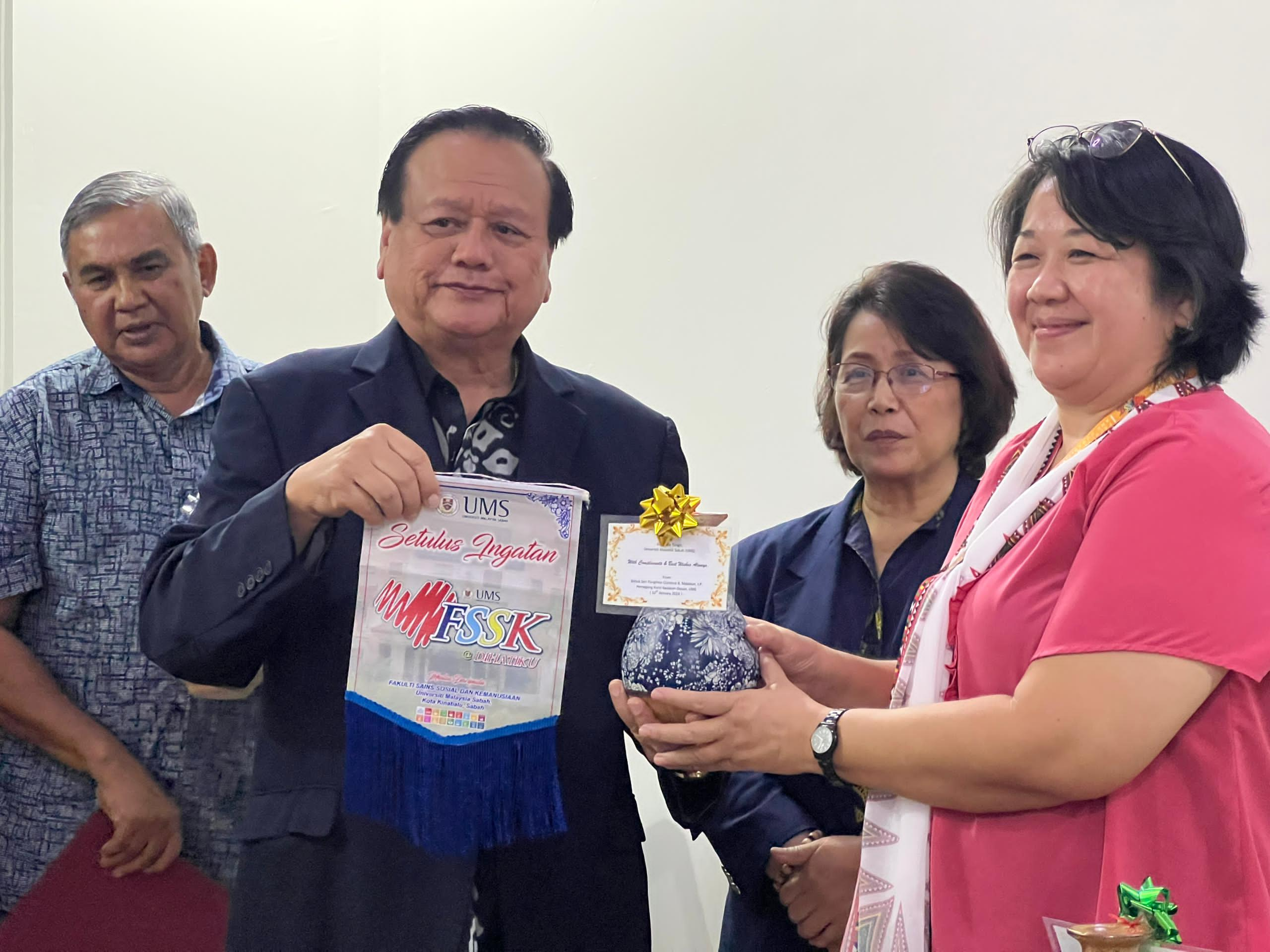 The decade-old practice of "sogit", or a traditional form of penalty as well as fine in Sabah’s multi-ethnic society transcends race and religion.
The decade-old practice of "sogit", or a traditional form of penalty as well as fine in Sabah’s multi-ethnic society transcends race and religion.
Kota Kinabalu Native Court chief Roger Meylin Impou said that sogit is an age-old practice that has been passed down for generations.
It is to uphold native laws that are very much important and significant to the natives of Sabah, he said at a recent online seminar entitled "Sogit: The evolution of Sogit within the Kadazandusun communities in Sabah".
The seminar was organised by the Universiti Malaysia Sabah (UMS) Faculty of Social Sciences and Humanities.
Roger said it aimed at keeping peace, solving conflicts, and calming tensions apart from just penalising one for breaking native laws.
“In the context of the state native courts, sogit involves blood penalties (slaughtering of an animal such as chicken or pig, depending on the severity of the offence) based on the Native Courts Enactment 1995,” he said.
He said that through history, sogit has been expanded towards the interactions between spirits especially in pagan rituals involving "healers or bobolian".
However, these practices are now rare in Kota Kinabalu as many have embraced religion, Roger said.
He said in rural areas, these rituals involving bobolians can still be seen, though it is quite rare as well because there are not many bobolian left in Sabah.
The changing of times and modernisation in social and religious thoughts and practices have not majorly affected how sogit is implemented within the native Kadazandusun Murut and Rungus communities of Sabah who still emphasise on their cultures, he said.
“The youth today feel that sogit is an outdated way of living, but they have no choice but to abide and respect native laws.
"You break a native law, you pay for it and sogit has to be given,” Roger said.
Penampang Native Court chief Viola Giluk Dompok stressed that sogit is a penalty and fine based on native teachings and understandings, and has nothing to do with race or religion.
Anything that involves the natives and their laws, must be upheld and dealt with according to native laws that are different in every village, district and ethnic group, she said.
Giving an example, she recalled how a group of British tourists stripped on Mount Kinabalu, showing immense disrespect to the local cultures as well as people in Sabah in 2015.
“A ritual to appease the people and spirits was held where buffalos and chickens were slaughtered and their blood was splashed on the ground,” said Viola.
She said the fines and penalties in sight were fine-tuned to meet with the changing times, but the fundamentals of it remains.
“The old ways of sogit are still being observed among the older generation though,” she explained.
Viola said for the younger generation, they have very little knowledge about sogit because the norm nowadays mainly involves native rules and regulations when it comes to engagements and marriage between native folks.
“The village chief would talk about what the cultures and traditions are according to native laws for an engagement or marriage ceremony, but other matters relating to native laws are seldom discussed,” she said.
A village chief from Kg Kopimpinan, Putatan, David Raji Joy stated that one of the reasons for this is that many have left paganism to embrace other faiths, and thus have left many native practices behind.
Earlier, event organiser Dr Trixie Marjorie Tangit said the programme, which was attended by 800 participants, was aimed at raising awareness on Sabah’s unique cultures and traditions, and at the same time to impart this knowledge to students.
It is part of the faculty programme titled Cultures and Communities in Sabah.
Also present during the programme was the holder of UMS’ Kadazan Dusun Chair, Datuk Seri Dr Clarence Bongkos Malakun.



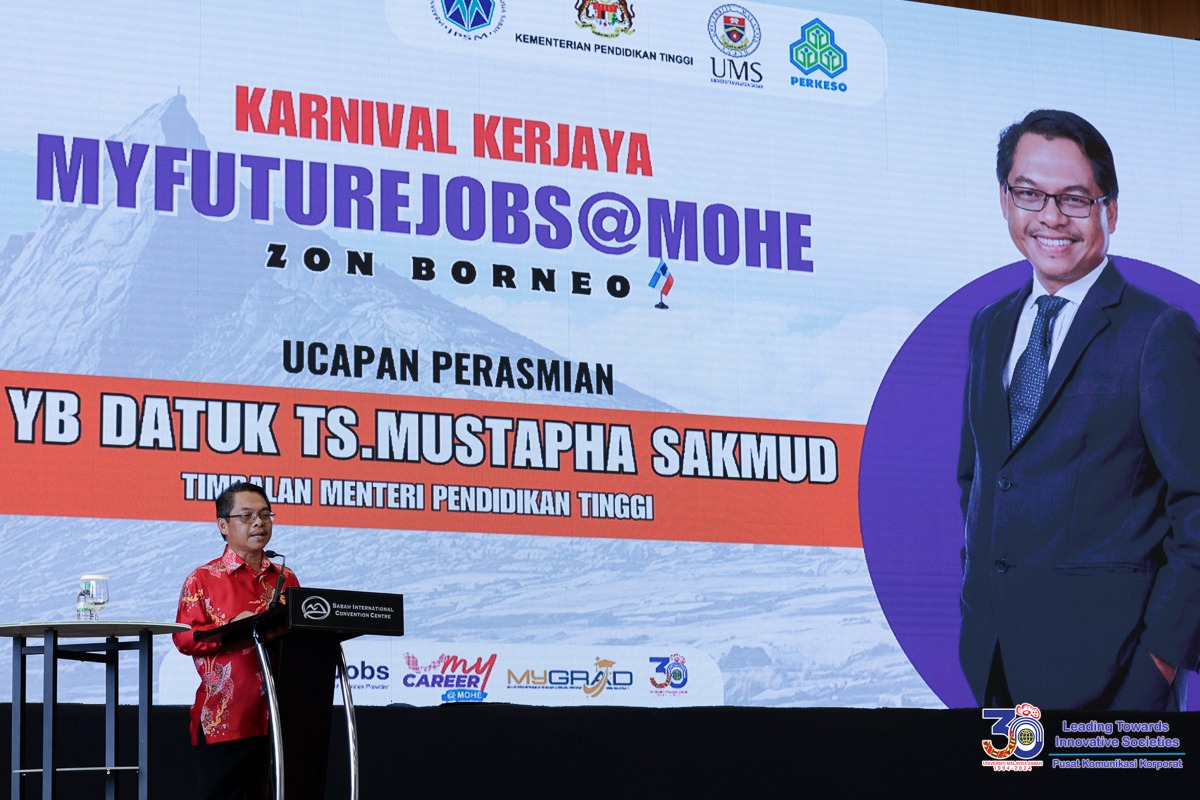 KOTA KINABALU: More graduates have been getting jobs in the post-pandemic period, says Deputy Higher Education Minister Datuk Mustapha Sakmud.
KOTA KINABALU: More graduates have been getting jobs in the post-pandemic period, says Deputy Higher Education Minister Datuk Mustapha Sakmud.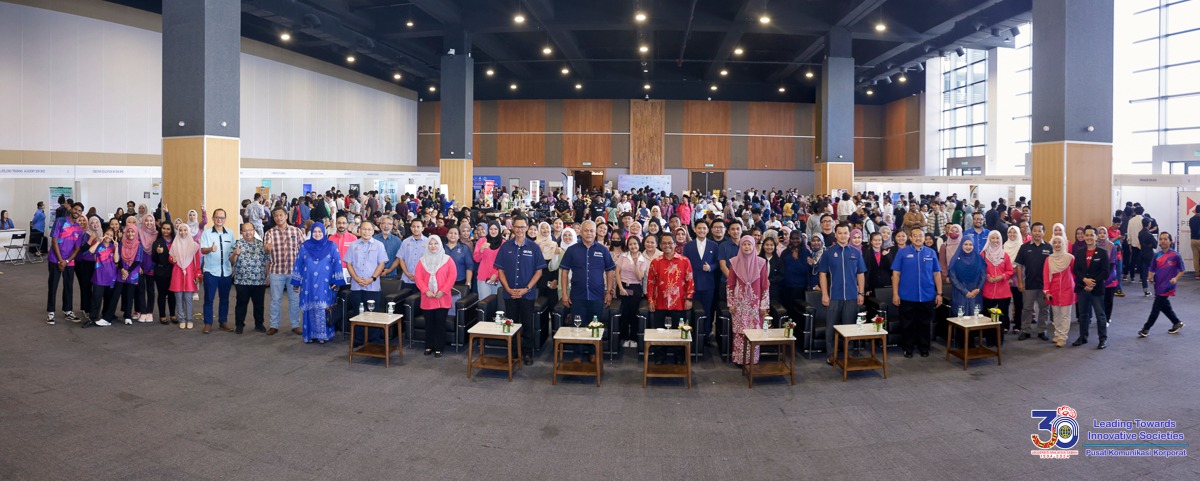
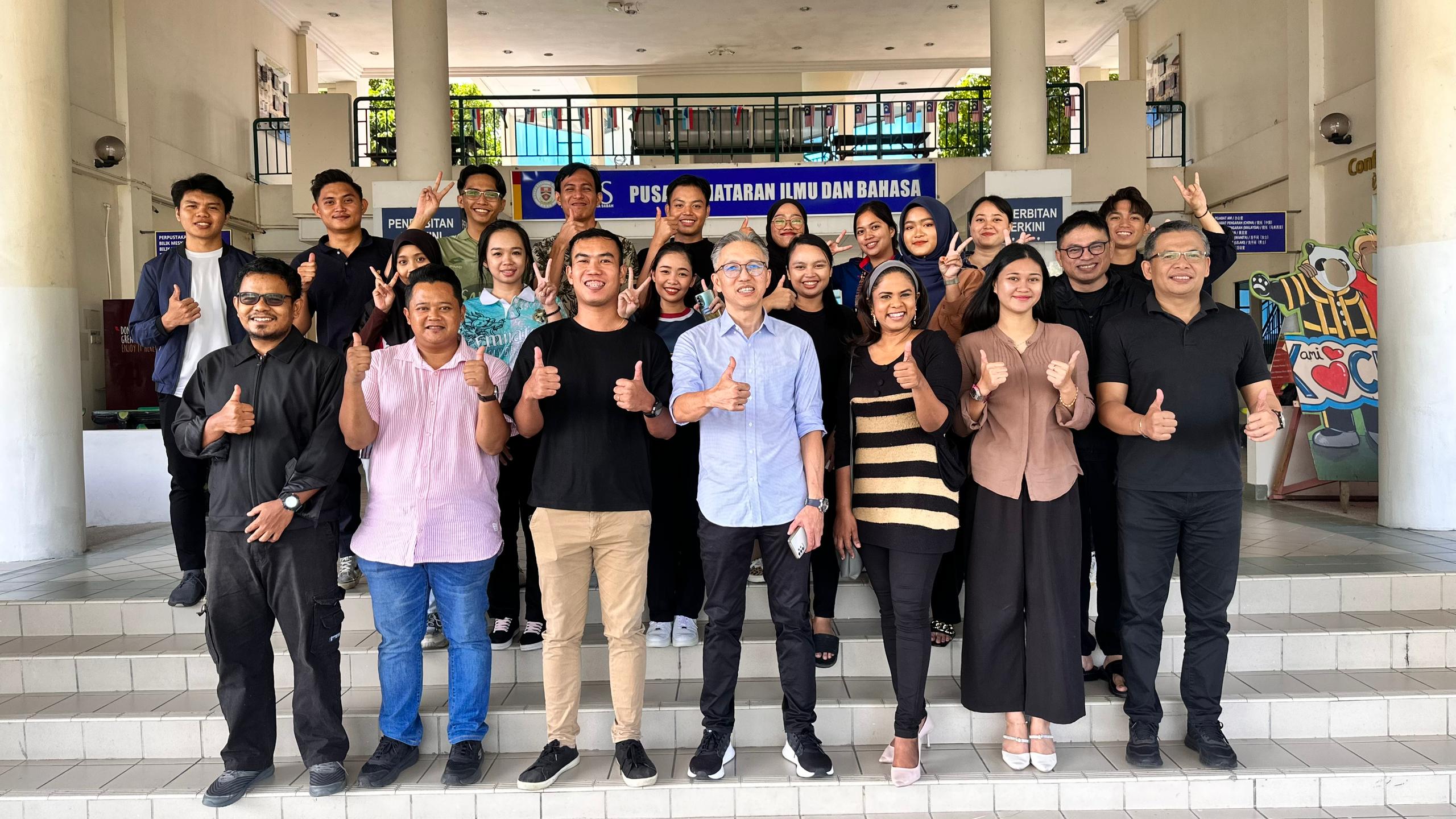

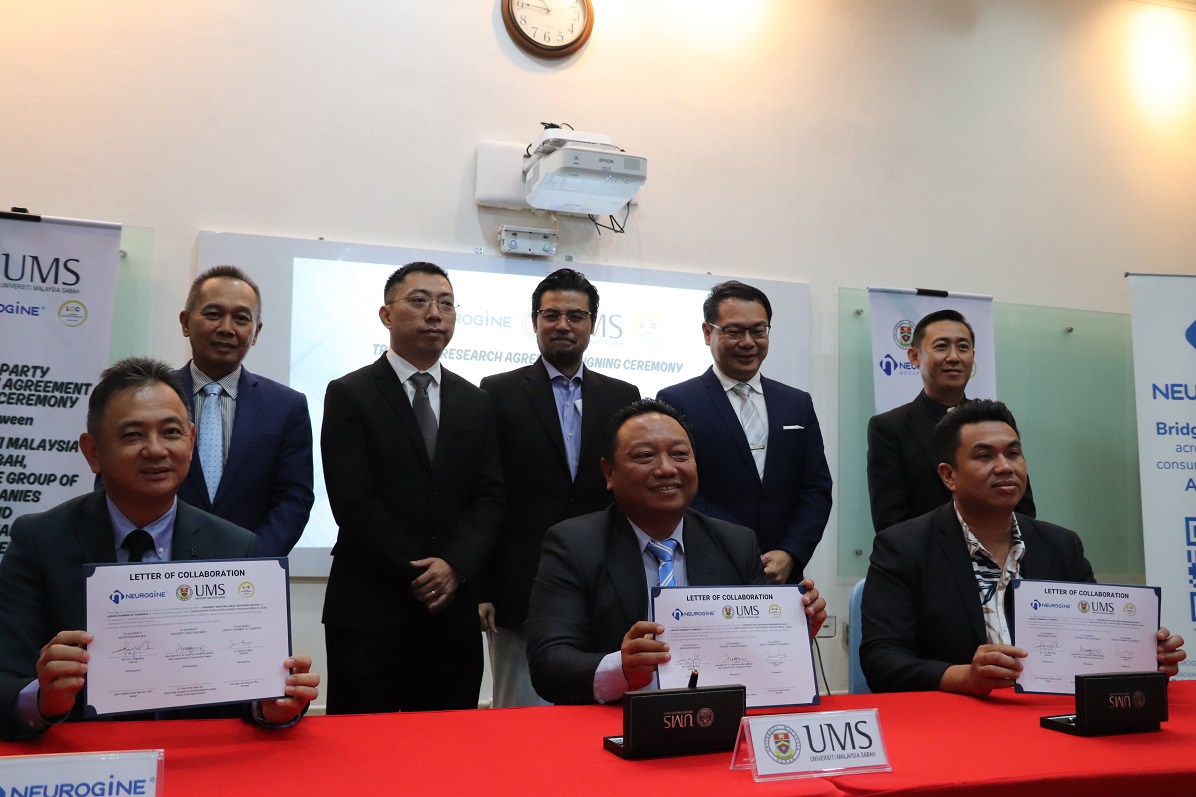 Neurogine Group of Companies, a digital transformation, technology and service provider in Southeast Asia, has collaborated with Universiti Malaysia Sabah (UMS) to establish a living technological laboratory in Labuan.
Neurogine Group of Companies, a digital transformation, technology and service provider in Southeast Asia, has collaborated with Universiti Malaysia Sabah (UMS) to establish a living technological laboratory in Labuan.